Immigration Procedures
Japan's pre-entry tuberculosis screening (JPETS) is starting!
- 2025.03.19

You may think of tuberculosis as an ancient disease, but in reality, about 10,000 people in Japan develop tuberculosis every year. Under these circumstances, the Immigration Services Agency, the Ministry of Foreign Affairs, and the Ministry of Health, Labor and Welfare have decided to start pre-entry tuberculosis screening. Tuberculosis screening is for certain foreign nationals, requiring to undergo a medical examination and obtain a tuberculosis-free certificate before their entrance to Japan. Depending on the nationality, pre-entry medical examinations start from March 2025, and the requirement to submit a certificate starts in June 2025. Let's take a look at the details.
Who is subject to Japan’s pre-entry tuberculosis screening?
Nationality
Nationals of:
Philippines, Vietnam, China, Indonesia, Nepal, and Myanmar
(There is a possibility that more will be added in the future)
are subject to Japan’s pre-entry tuberculosis screening (JPETS) as a large number of tuberculosis patients in Japan are foreigners with those nationalities.
Types of visa
Although a wide range of nationalities are designated, not all people from the above countries are subject to the screening.
Only
- “Medium- to long-term residents” and
- “Specified visa: Designated activities (Digital Nomad, Spouse or Child of Digital Nomad)”
are subject among nationals of the Philippines, Vietnam, China, Indonesia, Nepal, and Myanmar.
“Medium- to long-term residents”
refers to foreigners who are staying in Japan with a residence status and:
- have a period of stay of more than 3 months (※If it is exactly 3 months, it does not qualify as a medium- to long-term resident);
- are not on a short-term visitor visa;
- are not on a “Diplomat” or “Official” visa; and
- are not a person provided for by Ministry of Justice Order as equivalent to a person set forth in any of the preceding three items.
(See Article 19-3 of the Immigration Control Act)
In other words, people who are staying in Japan for more than 3 months on an “Engineer/Specialist in Humanities/ International Services”, business manager visa, student visa, spouse visa, permanent resident visa, etc. are exempted from the screening.
Exceptions
There are some exceptions, and the nationals of the Philippines, Vietnam, China, Indonesia, Nepal, and Myanmar who stay in Japan as “Medium- to long-term residents” or under the visa of “Designated Activities Notification No. 53 and No. 54 (Digital Nomad, and Spouse or Child of Digital Nomad)” are not subject to the tuberculosis screening if they fall under any of the following exceptions.
[Exception 1]
Those who have re-entry permission (including deemed re-entry) are not subject to the screening
Therefore, only the following foreigners are subject to the screening:
- Foreigners who newly enter Japan
- Foreigners who have not obtained re-entry permission (or special re-entry permission)
(※If you re-enter Japan within one year of departure (or before the expiration of your visa if your visa is expiring within one year) and continue the same activities, the special re-entry permission applies.)
[Exception 2]
Those who prove that they do not live in any of the countries or regions that are subject to the screening by a residence permit, etc. issued by the country or region of residence are exempted from the screening.
[Exception 3]
- JET Program participants
- JICA trainees (long-term and short-term)
- JICA Human Resource Development Scholarship (JDS) students
- Japanese government-sponsored students recommended by embassies
- Contracted educational training programs for foreign students
- Nurses and care workers based on EPA with the relevant countries,
- Foreign nationals with the status residence of specific skilled worker
- The program of accepting foreign workers supporting housework (Special Zone Act, Article 16-4)
are excluded from the screening as they already require chest X-ray for their programs.
When does Japan’s pre-entry tuberculosis screening (JPETS) begin?
The starting date of Japan’s pre-entry tuberculosis screening (JPETS) varies by country, as shown below.
Please note that a tuberculosis-free certificate is required only if the date of application for the Certificate of Eligibility falls on or after the day on which mandatory submission starts.
In other words, even if you are entering Japan after the day on which mandatory submission starts, if the application for the Certificate of Eligibility is submitted before that day, the tuberculosis-free certificate is not required.
Philippines, Nepal
Reservation for health examinations starts on: March 24, 2025 (tentative)
Mandatory submission of tuberculosis-free certificate starts on: June 23, 2025 (tentative)
Vietnam
Reservation for health examinations starts on: May 26, 2025 (tentative)
Mandatory submission of tuberculosis-free certificate starts on: September 1, 2025 (tentative)
Indonesia, Myanmar, China
Reservation for health examinations starts on: 【Currently being adjusted】
Mandatory submission of tuberculosis-free certificate starts on: 【Currently being adjusted】
The procedure of Japan’s pre-entry tuberculosis screening (JPETS)
① Visit a medical institution designated by the Japanese government
First, make a reservation for a medical examination at a designated medical institution. Then, on the day of the examination, you will be interviewed, and undergo a physical examination and a chest X-ray. If tuberculosis is suspected, a sputum test will be conducted later.
You may be worried about whether there are enough medical institutions for the health examination so you can make a reservation in time.
Regarding this point,
“Based on the actual number of people entering Japan from the target countries, we estimate how many people one medical doctor at a designated medical institution needs to see per day, and make plans accordingly for implementation. Even after the system is launched, we will continue to monitor the situation and strive to secure the number of medical institutions for medical examination as necessary.”
(Excerpted from a response from the Immigration Services Agency)
So, it is expected that more medical institutions will be designated in the future.
② Receive a tuberculosis-free certificate
If the medical examination (or sputum test) in ① above confirms that you do not have tuberculosis, you will be issued a tuberculosis-free certificate by the designated medical institution.
The number of days and costs required to issue a tuberculosis-free certificate varies depending on each medical institution.
In addition, tuberculosis-free certificates are valid for 180 days from the date of the chest X-ray, in principle.
③ Submit a tuberculosis-free certificate (within 180 days from the date of medical examination)
- Submit at the same time as applying for a Certificate of Eligibility at the Immigration Bureau of Japan.
The tuberculosis-free certificates are valid for 180 days from the date of chest X-ray, but you don’t need to apply for a visa and enter the country within 180 days. You just need to apply for a Certificate of Eligibility within 180 days as shown in the response from the Immigration Bureau:
“Only at the time of applying for a Certificate of Eligibility, you need to submit a valid tuberculosis-free certificate, and for subsequent visa and landing applications…, you do not need to apply within the validity period of the tuberculosis-free certificate or submit a tuberculosis-free certificate.”
(Excerpted from the response from the Immigration Bureau of Japan)
- If your Certificate of Eligibility states “A tuberculosis free certificate has not been not submitted,” submit when applying for a visa at a Japanese overseas diplomatic establishment.
- If you are applying for a visa at a Japanese overseas diplomatic establishment without obtaining a Certificate of Eligibility, submit the certificate when applying for a visa at the Japanese overseas diplomatic establishment.
④ Receive Visa and Enter Japan
Summary
As we have seen, tuberculosis screening begins in 2025 as a measure to prevent the spread of tuberculosis in Japan. You may sigh and think, “Application for a visa is already difficult, but the screening will make it even more complicated.”
However, although the system is of course aimed at public health in Japan, this system may be helpful for applicants as well. If you are found to be infected with tuberculosis after coming to Japan and have to receive treatment in Japan, a foreign country, you may feel anxious due to language and insurance issues, etc., so there is a good side and we hope you can feel positive about the screening.
Having said that, due to the medical examination and issuance of a tuberculosis-free certificate, it may take longer to prepare for a visa application compering to usual cases. If you are planning to enter Japan for study abroad, employment, etc., you should first check whether you are subject to the tuberculosis screening, and if so, we recommend you to plan the procedure to enter Japan in advance.
If you are unsure whether you are subject to the tuberculosis screening system or if you are worried about how to apply for a visa under the new system, we recommend that you consult with an expert.
We are Yanagi group, which have offices in Osaka (Abeno and Tennoji), and our affiliated offices in Tokyo (Shibuya and Ebisu) are also available for an on-site consultation. We have handled many applications for permanent residence permits, naturalization permits, work visas, college student visas, management visas, etc., as well as visa renewal procedures related to the status of residence with the Immigration Bureau (Immigration Bureau) as a one-stop service. Our experienced administrative scriveners are also available to help you with any problems you may have.
We also have staff members who can speak each of the native languages and can assist you in obtaining a visa.
※If you wish to be consulted in Nepali or Bengali, please inform us in advance via our website or social media, and the translator will contact you ahead of time.
Please feel free to contact us if you have any questions about your status of residence or visa, even if they are trivial.
Toll free number: 0120-138-552
For English speaker: 080-9346-2991
For Chinese speaker: 090-8456-6196
Reference:
Ministry of Health, Labor and Welfare ”Japan Pre-Entry Tuberculosis Screening(JPETS)”
Ministry of Foreign Affairs “Implementation of Japan Pre-Entry Tuberculosis Screening”
Ministry of Justice “Guidelines for Pre-Entry Tuberculosis Screening”
Editor of this article
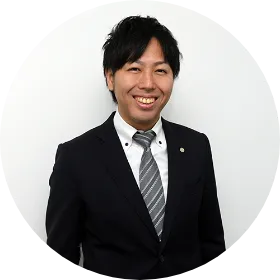
- Ryota Yanagimoto
- Administrative Scrivener/Judicial Scrivener
At the age of 24, he passed the national examinations for judicial scrivener, administrative scrivener, and wage service manager at the same time.
While working as a full-time lecturer at a major prep school, he independently opened a legal office related to judicial scriveners and administrative scriveners,
and he has experience as a judicial scrivener and an administrative scrivener for more than 15 years so far.
He has been actively contributing to various industries such as publicly listed companies, real estate companies, financial institutions, elderly care services, and professional organizations by conducting seminars, lectures, and talks.
And now he has a record of over 60 presentations so far.
Furthermore, as the president of a Japanese language school announced by the Ministry of Justice and Acts, and an advisor to a real estate company (capable of handling foreign clients),
he has been involved in various aspects of industries related to foreigners.
It is recommended to consult with experts when it comes to visas, naturalization, and residency matters.

Our office has specialized experts in visa and naturalization applications who are available to assist with free consultations (limited to the first session) and inquiries related to various visa applications and naturalization applications.
Additionally, we have foreign staff proficient in English, Chinese, and Korean languages with specialized knowledge, and they are present to provide support. They can accommodate consultations and inquiries in each language. Feel free to use our free consultation and inquiry services from here.








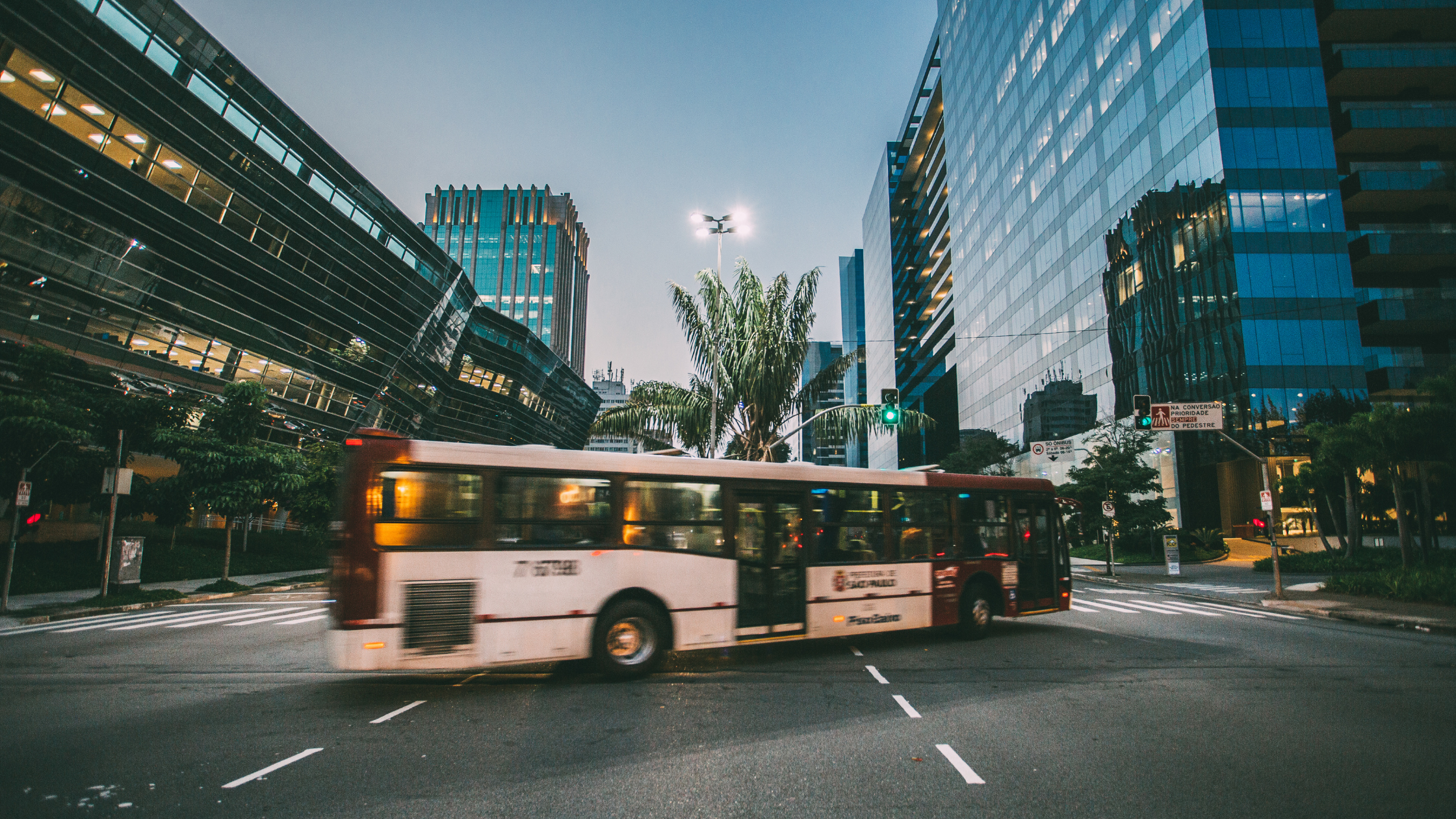





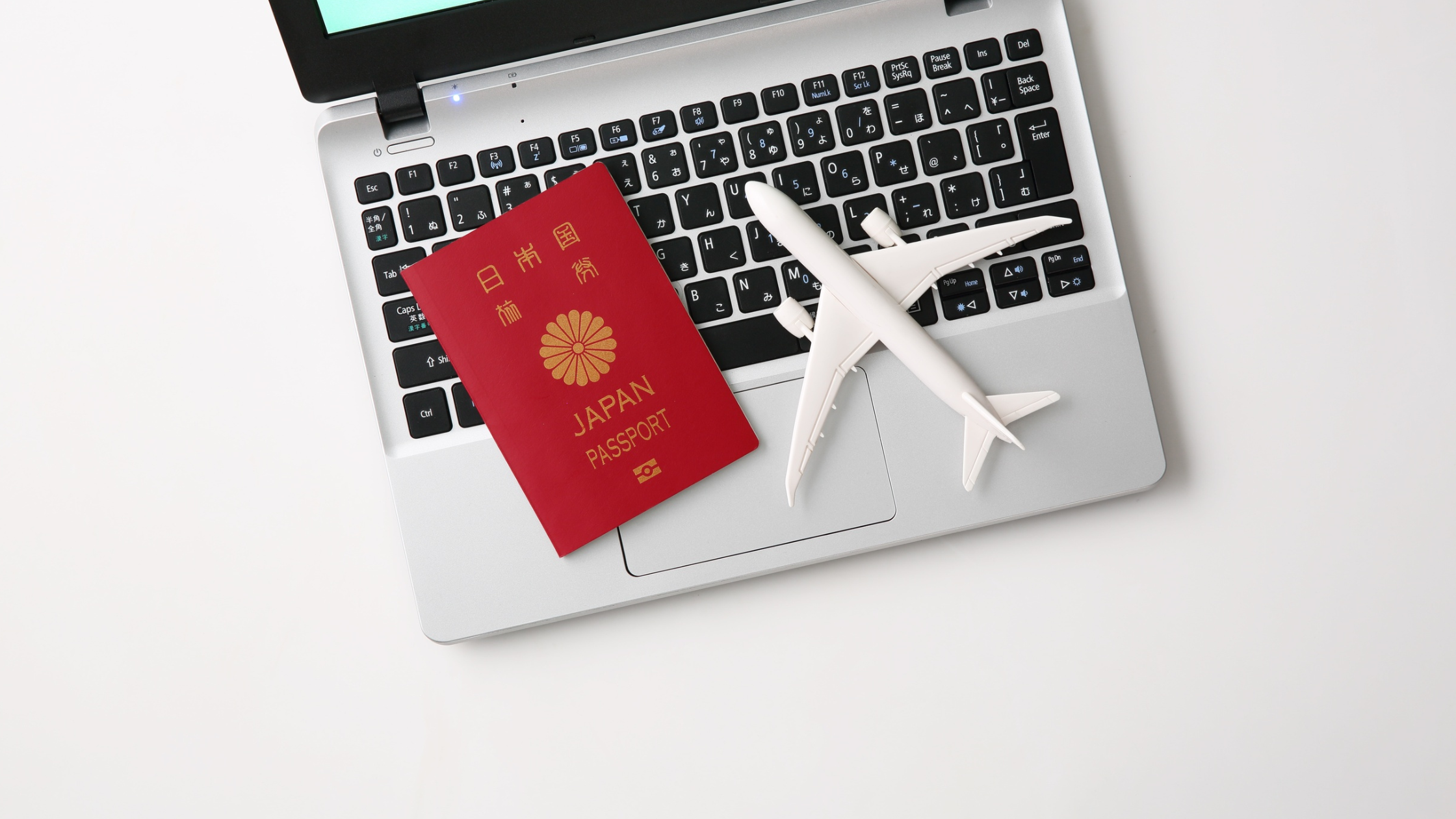





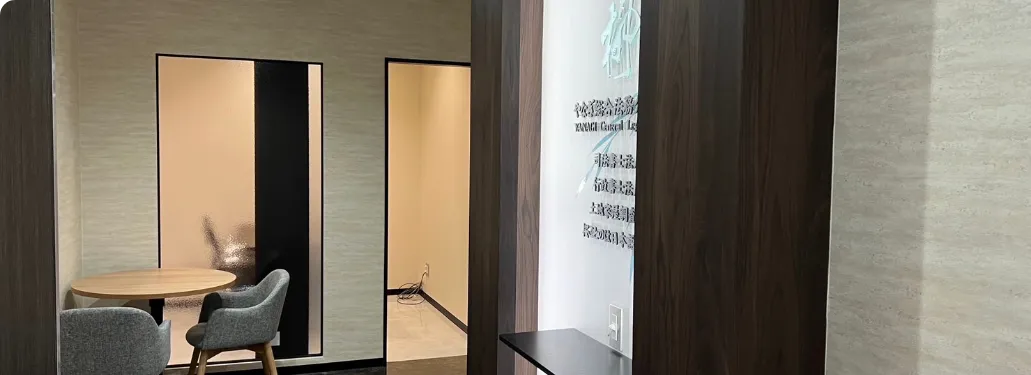
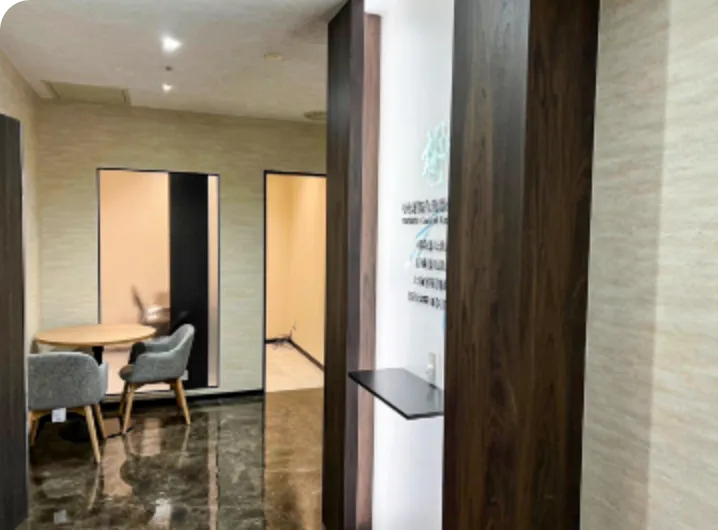
 0120-138-552
0120-138-552 Free
Consultation
Free
Consultation Contact Us
Contact Us